Stay Well Informed about News, Trends and Expert Knowledge Reading Our Blog
Technology, business and projects

Why B2B Companies need to focus on Digital Customer Journeys now
Digital customer journeys have long been a key success factor in B2B as well. They influence how potential customers perceive information, make decisions, and build trust. In our blog, we show how companies can strategically design digital touchpoints and use them to gain sustainable competitive advantages.
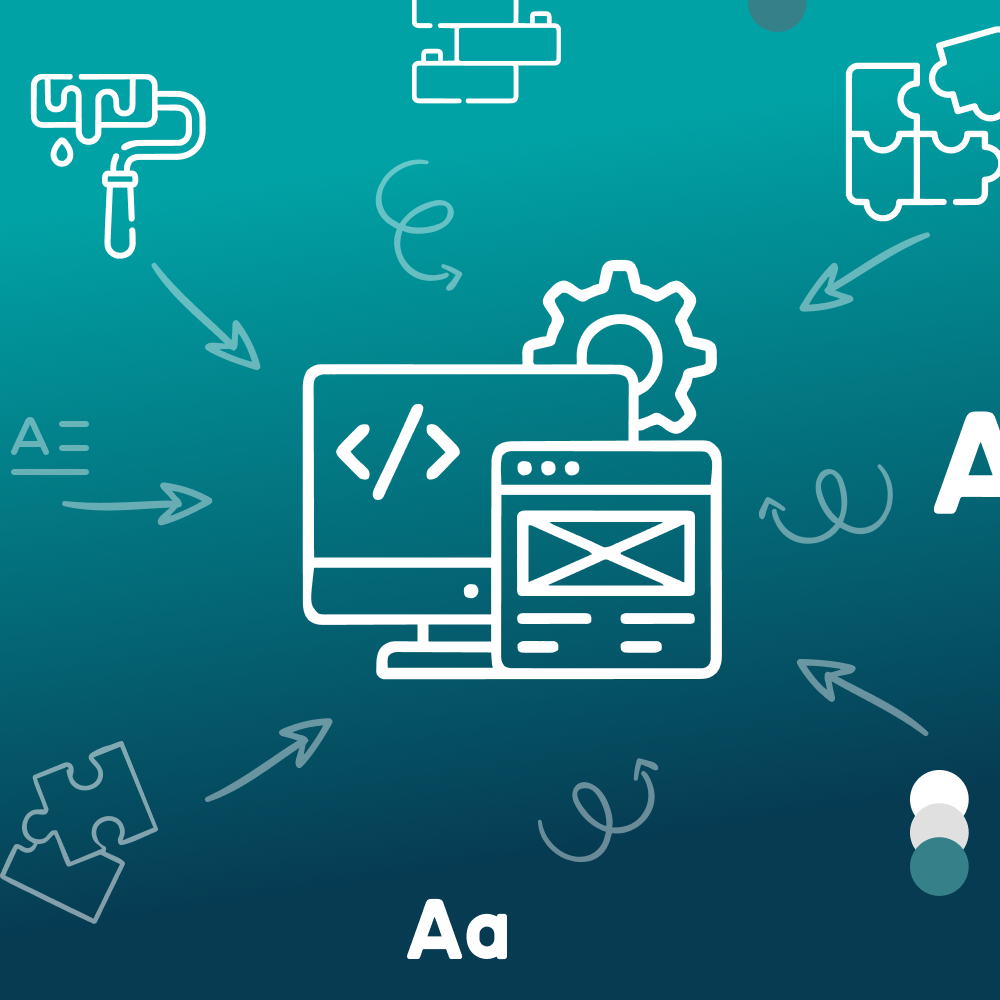

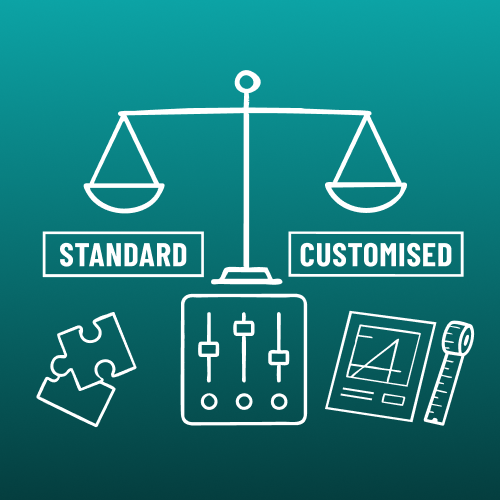




Content Commerce - Why content is the future of online commerce
Content commerce is the integration of engaging, informative content into online commerce to promote the sale of products and services. In other words, it's about linking valuable content directly to the buying process. This can be done through landing pages, blog posts, videos, infographics, social media posts and other content that not only informs and entertains, but also directly encourages purchases.
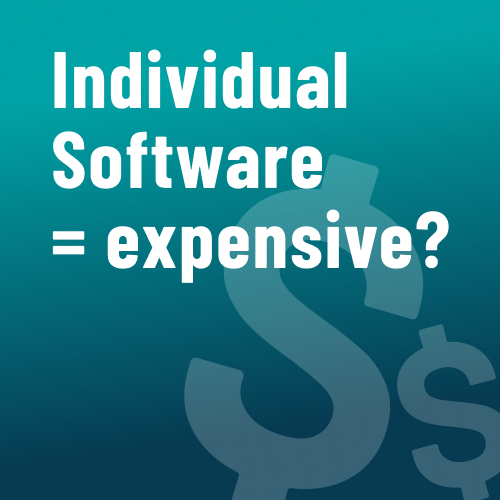
Individual vs. standard software
When introducing new business software, from apps to websites to ERP systems, the question often arises as to whether the requirements are better met by individual software or standard software. There is a rumor that an individual solution for the digitization of business processes is much more expensive than a standard offer.


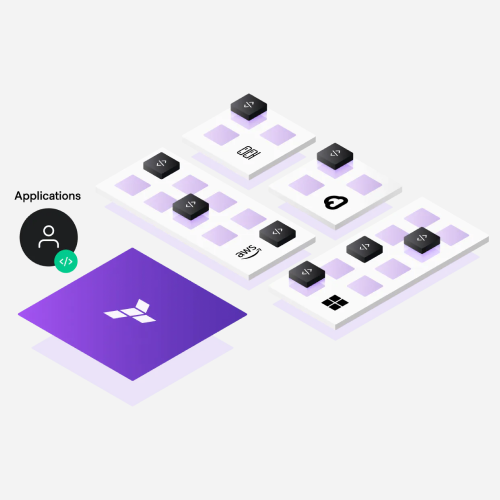
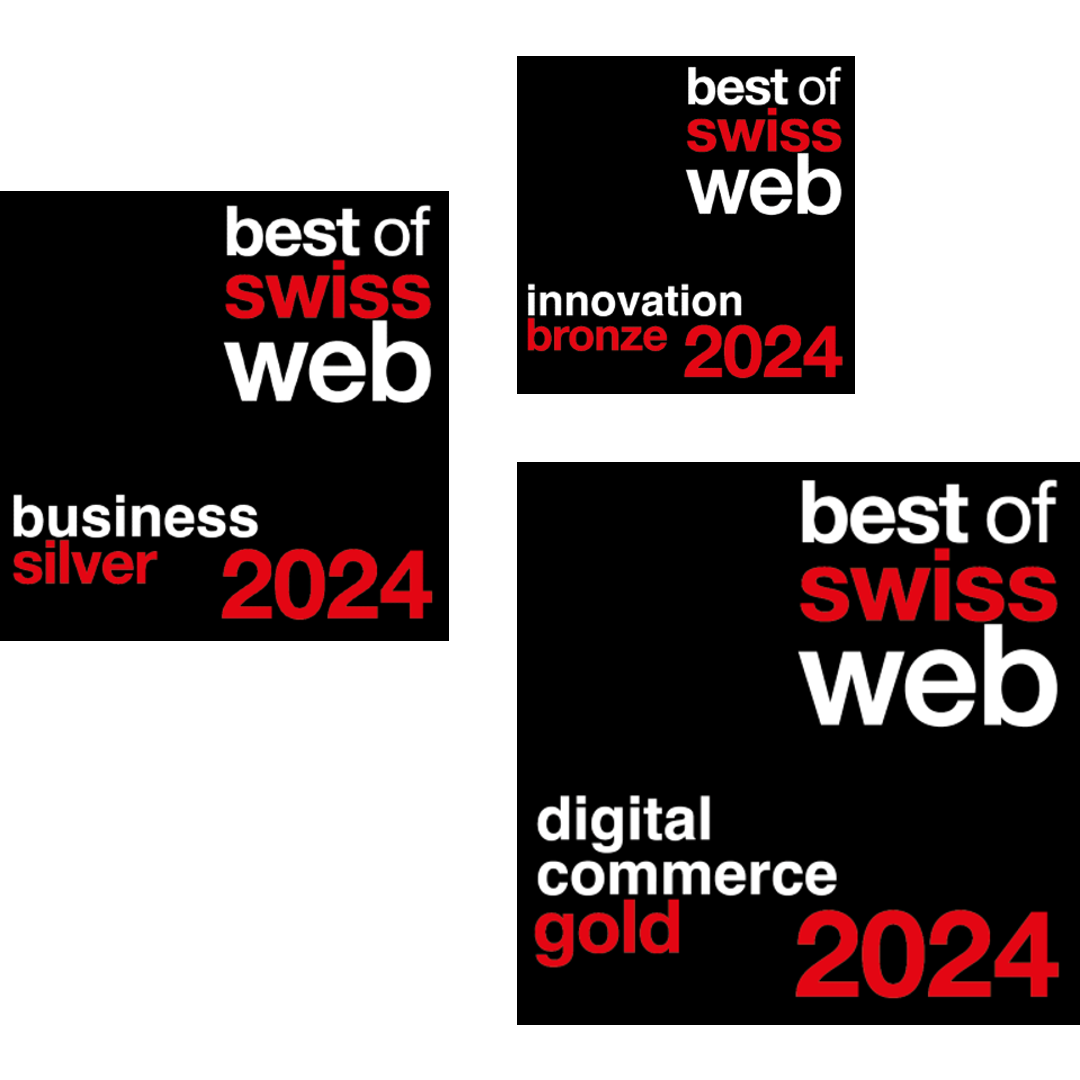

B2B Sales is changing
B2B sales is undergoing a major transformation. Digitalization and the new customer experience for B2B customers are central to this. The purchasing process must be adapted to changing customer needs. B2B customers expect digital touchpoints and omni-channel customer journeys just as much as end customers do.
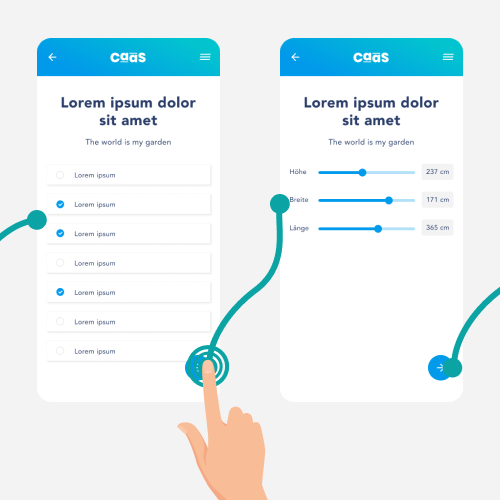
Rapid Prototyping
When developing an individual software project, it is important to receive feedback from users at an early stage and identify potential problems. This allows developers to make early adjustments and improve the user experience. In addition, an early prototype enables better communication between developers, designers and stakeholders as they get a concrete idea of how the software will work.
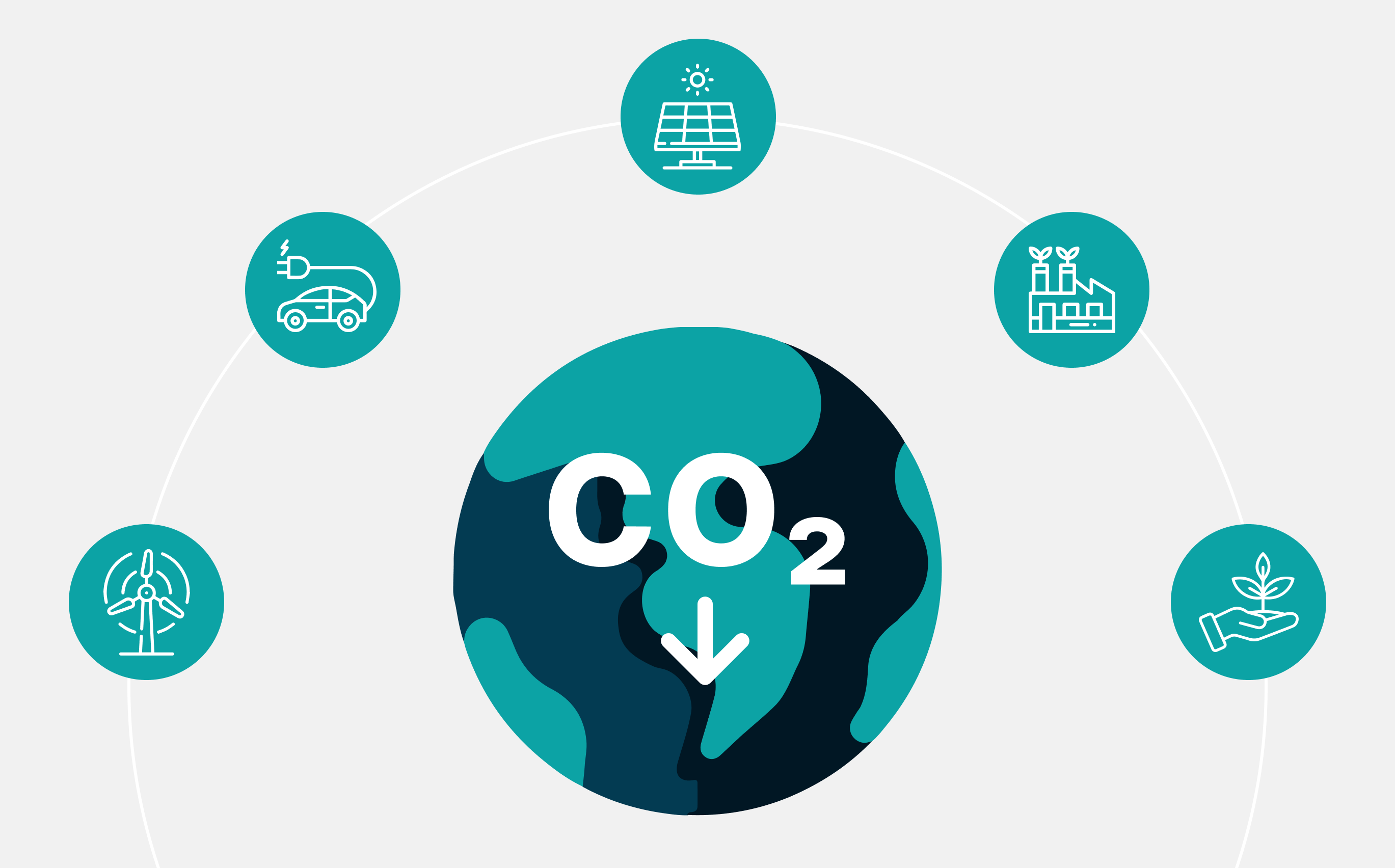
How configurators contribute to greater sustainability
Sustainability is becoming increasingly important in purchasing decisions for around half of consumers. Sustainability reporting is also required by law. We will show you how configurators can contribute to sustainability reporting, using Arcora (Ingérop Group) as a practical example.

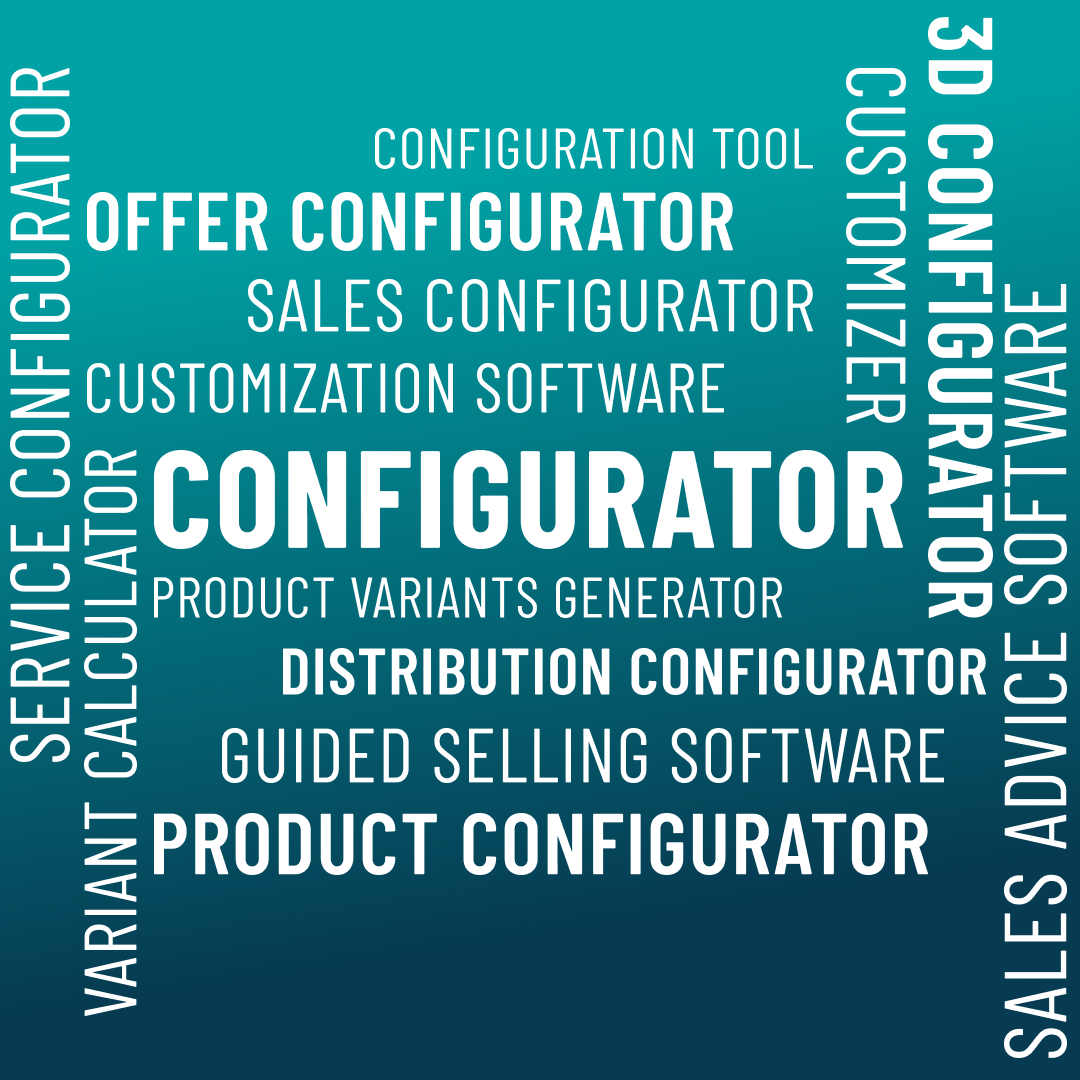
What is what? - our configurator glossary
The variety of terms for a configurator underlines the multitude of possible applications for such an individual software solution. Almost any product or service from a wide range of industries can be mapped with the help of a configurator, making the quotation or sales process easier and more efficient. Here you get an overview of the different terms and their meaning.
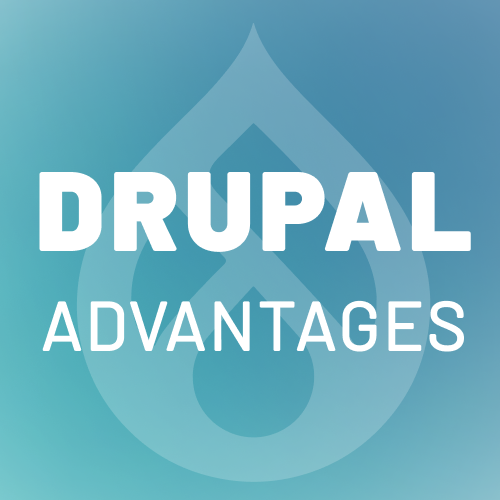
Convincing advantages of the Drupal content management system
Which is the best CMS? This question cannot be answered in the same way for all projects. In this article we will take a look at the many advantages that Drupal offers and why it can be an excellent choice for web projects of medium to large companies.
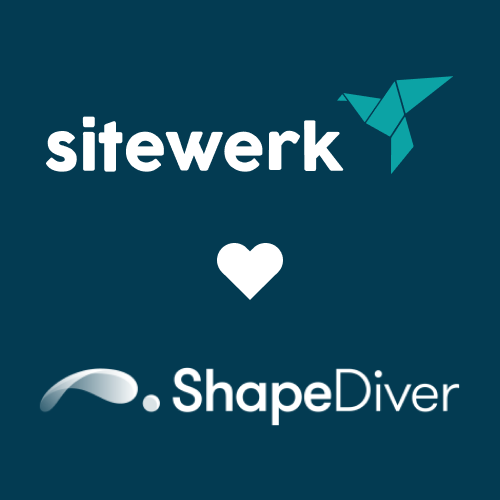
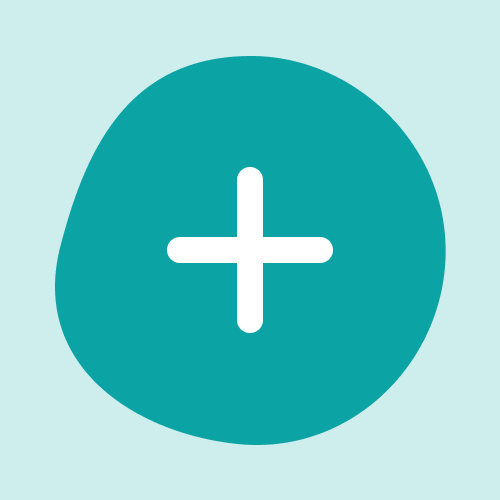
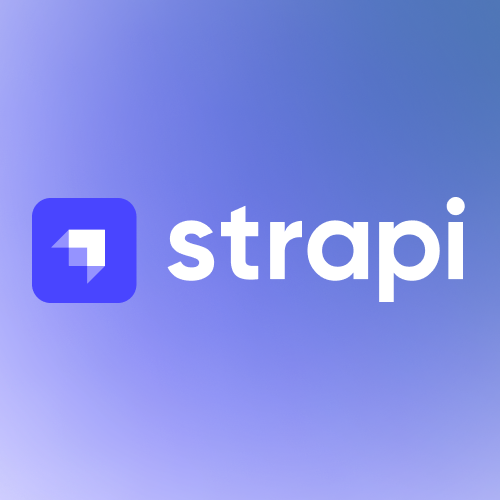
Headless content management systems (CMS) are on everyone's lips
Content management systems (CMS) are on everyone's lips these days and it is impossible to imagine a modern development stack without them. The headless approach in particular has established itself and gained acceptance in recent years. In the following article we want to focus on Strapi and share our experiences with it.
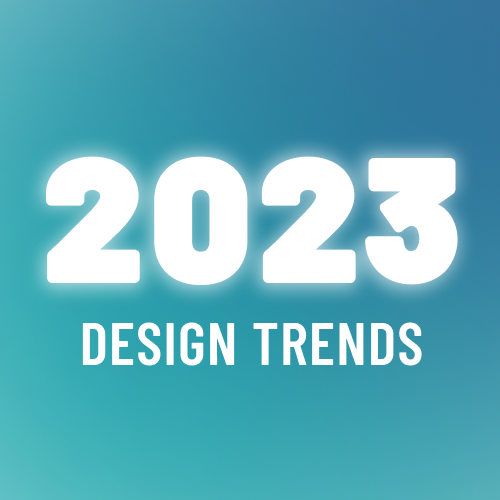
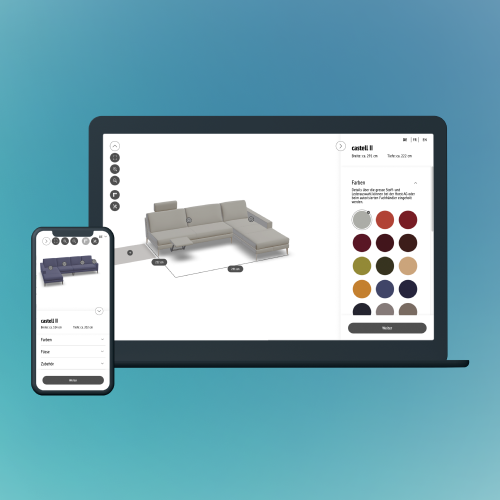
Areas of application and goals of online configurators
In this article, we present the various areas of application for online configurators. We explain which problems you can solve, what the advantages and goals are in the respective area of application and how your company and your customers can benefit from them.


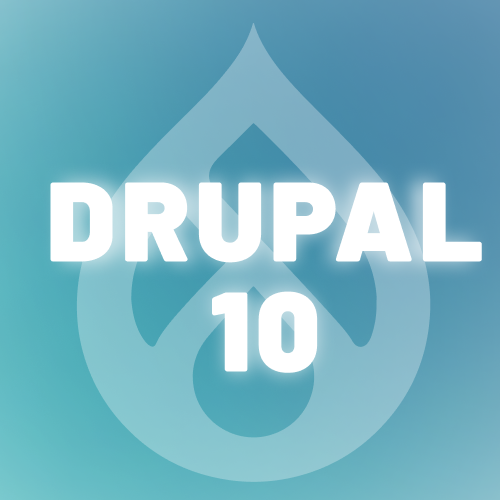
What does the Drupal 10 update mean for businesses?
The earlier versions of Drupal will be gradually phased out and official support will be discontinued. That means no further updates for more stability, security and performance or even new functions. Drupal 9 is planned to be supported until November 2023. So there is still some time left for the update to Drupal 10. It also doesn't hurt to wait for the first bug fixes so that the system runs safely and stably. Plan to update no later than a few months after the Drupal 10 release. By then, most of the required Contribute modules should be compatible.


5 aspects that influence user experience
Do I like what I see? Am I having fun using it? Can I build trust? Are my expectations met? These are all aspects that more or less consciously contribute to the user experience and influence how well a product works for users and whether they would and want to interact with it again.
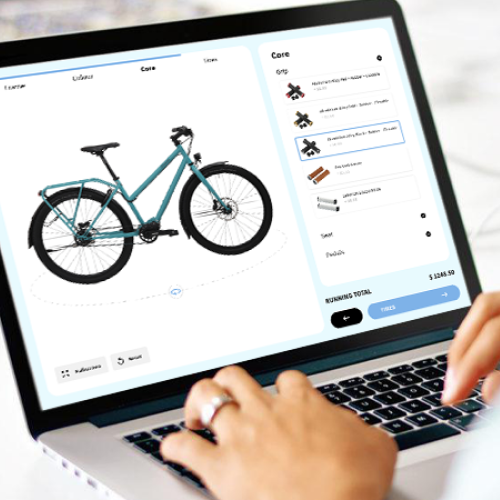

Part 3: How agile software development can work
In the third and last part of our blog series about agile software development, you will find out how agile software development can be successful and what you have to consider to ensure that this is successful. Have fun reading and of course trying out our tips!

Part 2: Why agile software development doesn't work
It is clear to everyone that today it is no longer possible without agile approaches. Create a scrum or kanban board and everything runs fine again. Hm.. it's not that simple unfortunately. We show which mistakes are often made when introducing agile software development.

Part 1: What is agile software development?
Agile software development has been a strong trend for several years and there is almost no way around it as a customer or as an agency in the digital industry. In order to implement complex software projects in today's very fast-paced world, agility is a must. In this three-part blog series you will find out what pitfalls there are when introducing agile software development and what you have to watch out for.
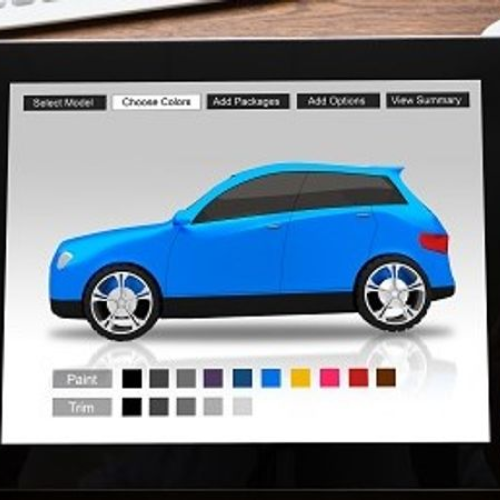
Configurators: what types there are and how your company can benefit from them
The desire for individualized products and services is increasing. It is no longer just about consumer goods, but also about capital goods. With a product configurator, also known as a configurator or variant configurator, almost any product, including services, can be conveniently configured from home. Here we present different types of product configurators.

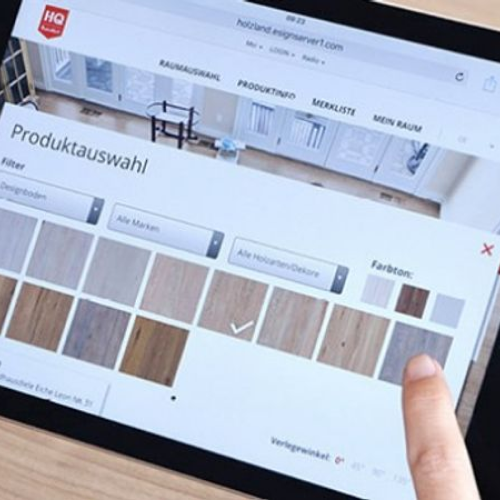



What are hybrid apps and when does it make sense to use them?
Hybrid apps are considered a special form among applications. They enable platform-independent development and subsequent use of the application. In this blog post you will learn what is meant by a hybrid app, what strengths and weaknesses it has and in which cases its use is advisable.
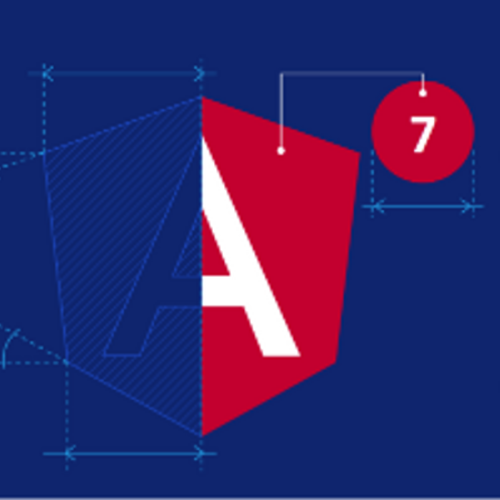
Angular 7 - All important information about the new version
The seventh major version of Angular - a popular JavaScript framework for creating web apps - was released in mid-October. The update comes with numerous innovations that affect Angular Material as well as the CDK (Component Development Kit) and the Command-line Interface (CLI). In this blog article we present the new features in detail.
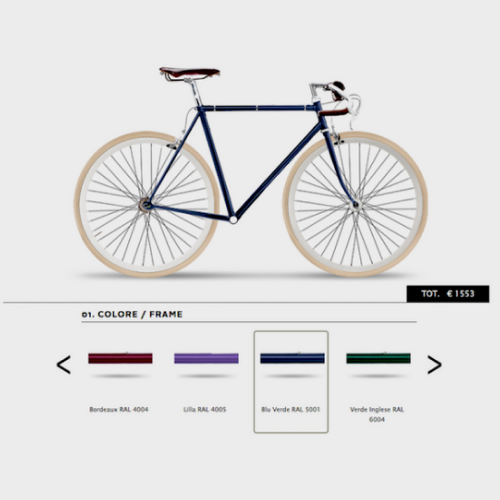
5 reasons why you will sell more with a product configurator
«Mass customization», which describes the individualization of mass products, is one of the most promising e-commerce trends in the age of the digital shopping world. Specifically, it's about product configurators, which have become indispensable in today's e-commerce world. They can be used to sell complex or configuration-rich products in a simple way. In this blog article you will find out why you can significantly increase your sales rate with an online product configurator.



Digital craftsmen
Digitization is taking its course. Used correctly, it increases efficiency and productivity in many companies. However, it does not have the same status in all sectors and professions. Although digital change can bring a decisive advantage in competition, especially in the trades sector, the possibilities are comparatively little exploited.
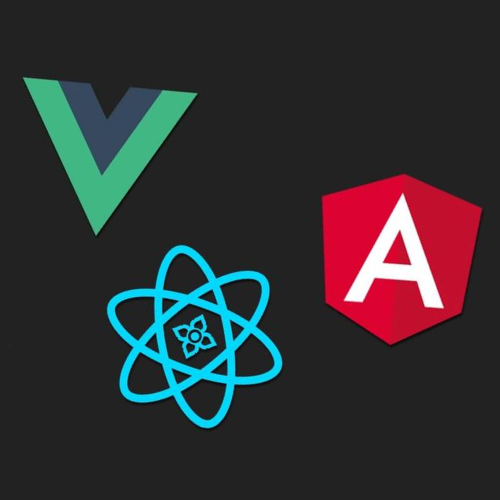
8 Well-Known Web Frameworks
The world of web development is advancing at a rapid pace. New web frameworks and libraries are springing up every day to make developers' lives easier and applications even more powerful. Nevertheless, there are a handful of frameworks that have firmly established themselves in the market.

Digitization
«If you digitize a crap process, you end up with a crap digital process». In other words, digital transformation is neither a "silver bullet" nor does it solve all of a company's problems. However, if you use digital tools in a targeted manner, they can bring the decisive advantage over the competition.

Blog



